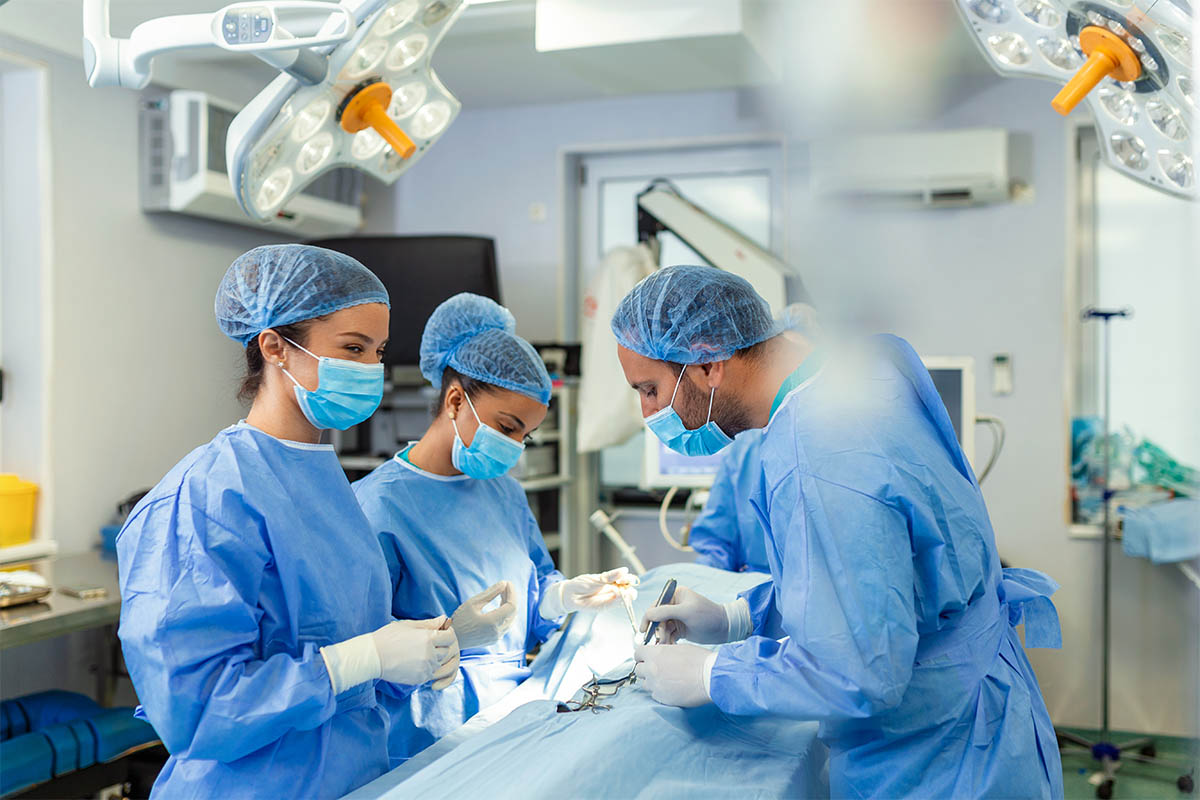
Thyroiditis is a group of conditions that cause inflammation of the thyroid gland. This inflammation can lead to temporary or permanent changes in thyroid hormone levels, resulting in hypothyroidism or hyperthyroidism—or sometimes both in sequence.
Think of thyroiditis as a “swollen and irritated thyroid,” often triggered by your immune system, infections, stress, or pregnancy.
Occurs within 1 year after childbirth
Starts as hyperthyroidism, then shifts to hypothyroidism
Often misdiagnosed as postnatal depression or fatigue
Painful swelling in the neck
Often triggered by viral infection
Usually self-limiting but needs anti-inflammatory support
No pain, but causes a hyper-then-hypo phase
Often autoimmune or drug-induced
Common in women, especially postpartum
Occurs after radioactive iodine treatment or certain medications (like amiodarone, interferon)
Requires close hormone monitoring
Book a Consult Now with Dr Tanvi Mayur Patel.
At Dr Tanvi’s Clinic, we don’t rely on TSH alone. A comprehensive thyroid panel is done:
TSH, Free T3, Free T4
TPO and Tg Antibodies – detect autoimmune thyroiditis
CRP/ESR – to detect inflammation (esp. in painful thyroiditis)
Ultrasound – shows swelling, blood flow, or scarring
Reverse T3 (if fatigue is severe)
🧾 Want your reports explained clearly? 👉 Book Consult with Dr Tanvi Mayur Patel
🩺 How Dr Tanvi Mayur Patel Treats Thyroiditis
Every case of thyroiditis needs a tailored plan based on the cause and stage (hyper/hypo/autoimmune):
🔹 Functional Root-Cause Healing Approach:
Autoimmune meal plan (gluten-free, selenium-rich, anti-inflammatory)
Gut reset (probiotics, IV nutrient support if needed)
Stress reduction tools (cortisol rhythm reset, deep sleep rituals)
Natural anti-inflammatories: Omega-3, Curcumin, Vitamin D
Adaptogen support (ashwagandha, holy basil in non-hyper cases)
Targeted supplements: Selenium, Magnesium, Iron, B12, Zinc
🎯 Not every thyroiditis case needs long-term medication—but it does need support to heal properly.
Yes—when FT3 is optimized, inflammation is lowered and insulin resistance is addressed.
Every 8–12 weeks during active healing; every 6 months once stable.

Stay informed and never miss out on the latest news, health tips.
Copyright 2024 © Dr Tanvi’s Clinic All Right Reserved.